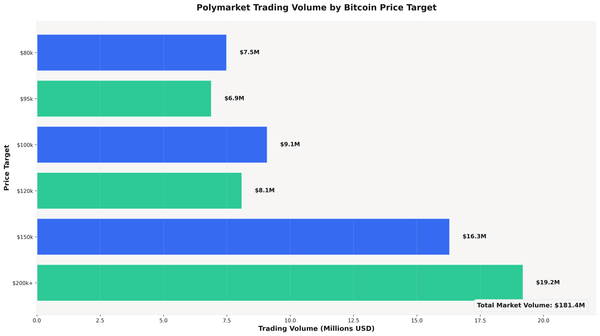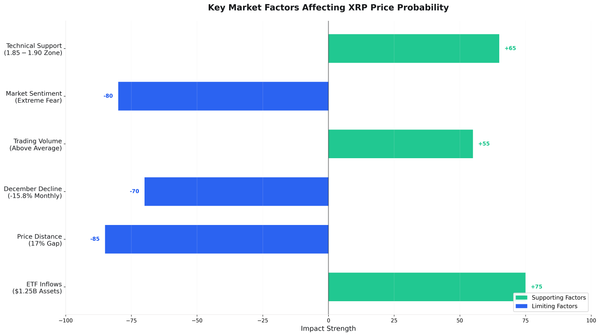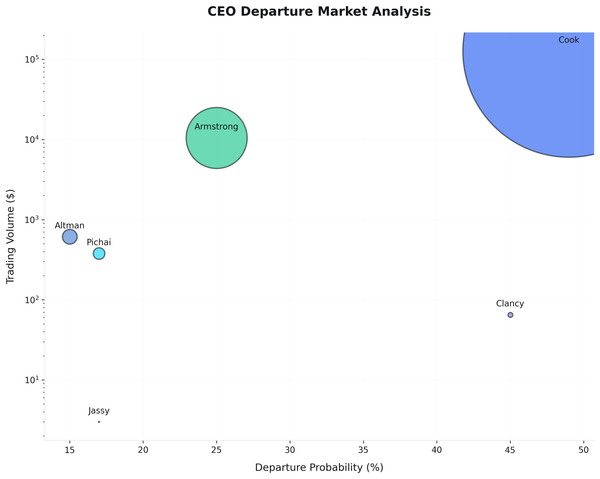Kimberly-Clark Acquires Kenvue in $48.7 Billion Consumer Products Deal

Kimberly-Clark agreed to buy Kenvue in a transaction worth $48.7 billion, according to CNN. The deal combines the Huggies maker with the Tylenol parent company. Kenvue shareholders will receive $21.01 per share, split between $3.50 in cash and 0.14625 Kimberly-Clark shares.
The transaction represents a 46% premium over Kenvue's Friday closing price of $14.37. Kenvue shares surged nearly 20% in premarket trading Monday. Kimberly-Clark shares dropped 16% during the same period. The deal is scheduled to close in the second half of 2026, subject to regulatory approvals.
Kenvue spun off from Johnson & Johnson in 2022. The pharmaceutical company retained its name for drug operations while separating its consumer brands. Market analysts widely anticipated Kenvue would become an acquisition target following the spinoff.
Impact on Shareholders and Market Position
The combined company will generate annual revenue of $32 billion. The merger brings together 10 brands with over $1 billion in annual sales each. These include Kleenex, Listerine, Band-Aid, Neutrogena, Johnson's baby products, and Depends.
Kimberly-Clark shareholders will own 54% of the new entity after closing. Kenvue shareholders will control the remaining 46%. The companies project $2.1 billion in run-rate synergies, including $1.9 billion in cost savings and $500 million in revenue gains.
However, the deal faces challenges. Kenvue reported a 4.4% sales decline for the quarter ending September 28. Its self-care unit, which includes Tylenol, fell 5.3% during the same period. The company attributed these drops to inventory reductions as customers shift to cheaper private-label alternatives.
Consolidation Reshapes Consumer Products Sector
The acquisition positions the combined company as the second-largest health and wellness seller behind Procter & Gamble. It surpasses Unilever in market share. The deal ranks among the largest Wall Street transactions in 2025.
The consumer products industry has experienced two decades of declining shareholder returns, according to Bain & Company. Companies are pursuing mergers to restore profitability and boost volume growth. About 60% of consumer products executives plan to sell assets within three years, compared to 42% across all industries.
This trend reflects mounting pressure on traditional consumer brands. Rising interest rates, regulatory scrutiny, and consumer shifts to unbranded products have dampened M&A activity since 2021. Deal value in consumer products dropped 19% in 2024 compared to 2023. Strategic buyers now prioritize acquisitions that deliver immediate financial returns rather than portfolio diversification.
The Kimberly-Clark-Kenvue merger also carries legal risks. Texas Attorney General Ken Paxton filed suit against Kenvue last week. The lawsuit claims the company deceptively marketed Tylenol to pregnant women. Kenvue stated it will vigorously defend against these allegations. The claims followed President Trump's statements linking Tylenol to autism, which Kenvue has disputed.
Further Reading
For deeper insights into global consumer market trends and how consolidation affects the competitive landscape, our Alternative Financial Systems Index tracks regulatory frameworks and adoption metrics across 50 countries. The index provides data on market concentration and consumer behavior shifts in health and wellness sectors.




